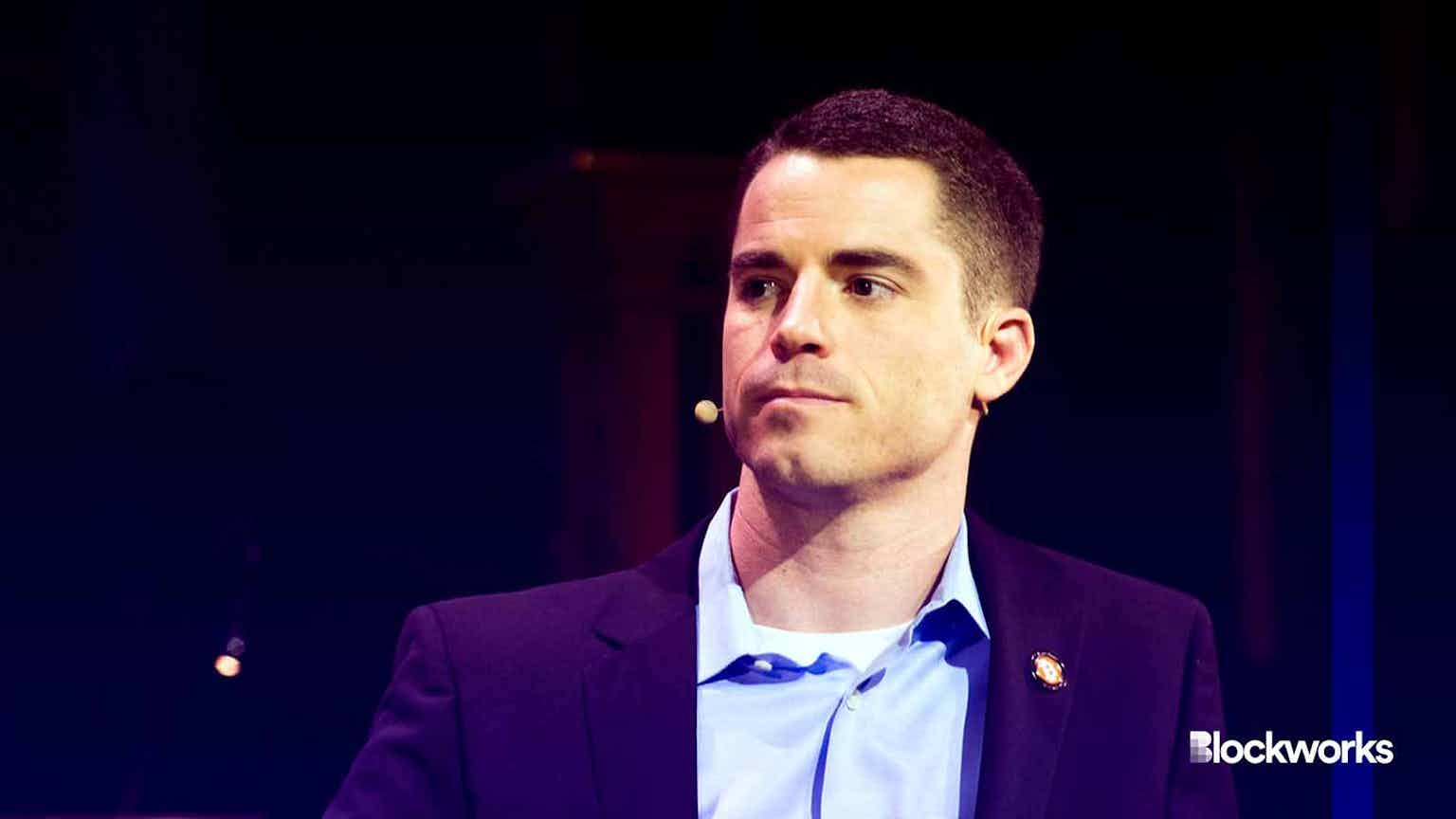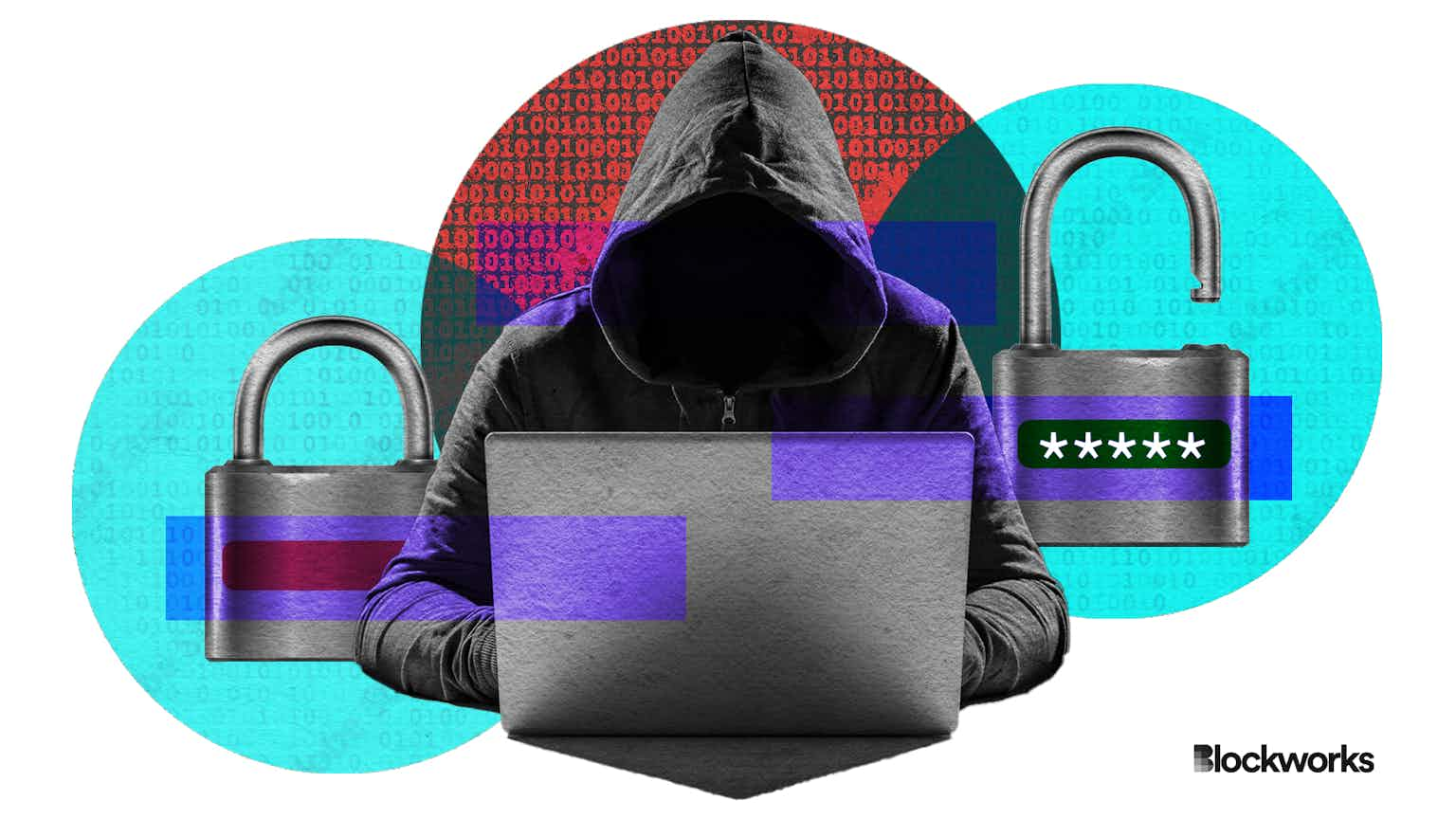This State Representative Is Out to Make Illinois the Next Crypto Hub
House Bill number 3968 is a digital assets-focused proposal that would allow financial technology companies in the state to hold cryptocurrencies

State Rep. Margaret Croke; Source: JOHN J. KIM, CHICAGO TRIBUNE
key takeaways
- Chicago is already a financial hub, now Rep. Margaret Croke wants to add crypto to the list
- House Bill number 3968 passed the Illinois House in April and is set for a Senate vote as soon as mid-October
As federal agencies struggle to agree on digital asset jurisdiction, state legislators are leading the way on cryptocurrency regulation, and Illinois state Representative Margaret Croke (D-12th district) is the latest example.
“We are so much more nimble at the state legislature and get along with our colleagues so much more than on a federal level,” Croke said. “It’s funny because on the federal level for some reason we’ve gotten to this weird sentiment of ‘Republicans are pro-crypto’ and ‘Democrats are anti-crypto.’”
Croke, a democrat, is the chief sponsor of a House Bill number 3968, a digital assets-focused proposal that would allow financial technology companies in the state to hold cryptocurrencies. The bill passed unanimously through the Illinois House in April and will be up for vote in the Senate as soon as mid-October.
The proposed policy is similar to state laws in Wyoming, which pioneered the acceptance of cryptocurrency banks in 2020.
“The bill creates a special purpose trust company, so essentially it creates a charter system similar to Wyoming,” Croke said. “Except, you are better off, in my opinion, partnering with an existing financial institution in Illinois, which I think adds great benefits because we get FDIC insurance and can be a little bit more stable and safe with the crypto assets you’re a custodian of.”
The special purpose trusts will generally have to follow the same regulatory framework as existing corporate fiduciaries, but the bill will also include new policies associated with digital assets. These include rules that will oversee capital and liquidity requirements and collateralization of fiduciary assets.
Croke first became interested in digital assets and regulation after reading a study from the Illinois Department of Professional Regulation that discussed crypto’s implications and policy suggestions.
“I started thinking that it would be a good thing for legislators, especially maybe one that was on the younger side,” Croke said, referring to herself, “to have a good understanding of crypto because I think that we are going to go down the path of regulation.”
Croke previously served as the deputy chief of staff at the Illinois Department of Commerce and Economic Opportunity. She has been an Illinois representative since January 2021 and has sought to change the state’s perception.
“I love everything that promotes Illinois as a state that you want to come to and grow your business,” she said. “Because sometimes, when thinking of Illinois, or Chicago, the first things that people tell me that they know are Al Capone, and we’re experiencing some gun violence and the Windy City and things like that, but you don’t always hear that we’re an economic powerhouse.”
The bill, Croke said, has been well received, even from her peers that have not done significant research into digital assets. A bill suggesting greater regulation around digital assets while also opening the door for greater business opportunities is a hit on both sides of the aisle, she said. What has been the most surprising though has been the support from financial institutions.
“The banking industry in Illinois is very excited about this bill, and usually that doesn’t happen,” she said. “They don’t typically like change, but this is different because they can now partner with crypto companies or they can start doing this on their own if they want.”
As for those who are looking to become their own crypto company without interference from a bank, there is room for these players, too, Croke said. But they should expect to follow the same rules as existing financial institutions.
“I think that’s a fair thing to ask.”





